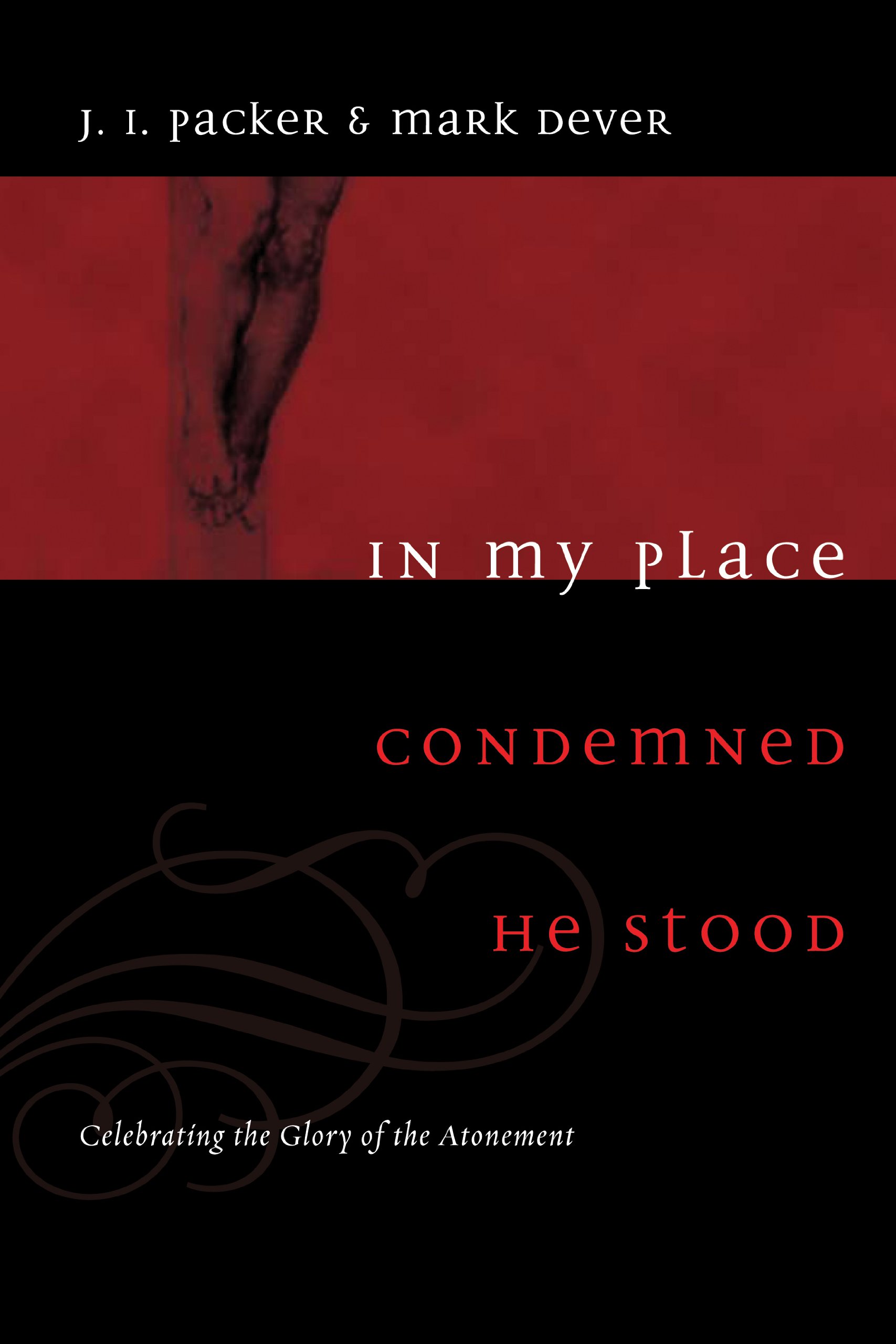A Bonus Chapter Summary from Books At a Glance
Overview
Packer’s famous essay on penal substitution deserves continued and close attention. We provide a brief “bonus” summary of it here for our members.
Summary
From the outset of his article “What Did the Cross Achieve? The Logic of Penal Substitution,” J. I. Packer makes clear that his theological treatise is urged by his conception of the Christian ministry and the Christian gospel itself. He aims (1) to make misunderstanding and caricature of the penal substitutionary position more difficult – leaving assumed that such caricatures or misunderstandings shall still take place, (2) and to offer his conception as residing in “the very heart of the Christian gospel” and thus to commend it.
He plans to discuss method first, the meaning of substitutionary second, the meaning of penal third, and show his conception’s harmony with biblical exegesis fourth.
To introduce his comments on methodology, Packer glosses matters of historical theology, primarily post-Reformation, to demonstrate how the doctrine is weakened when explicated in a defensive mode. Socinians stand in for the entrance of any purely rationalistic standard. No rationalistic conception becomes a gauntlet through which the preaching of the cross must run; no theologian, even the best of scholastic theologians, should ultimately set forth his substitutionary doctrine defensively against the framework offered by rationalist interlocutors. Applying the notion, Packer refers to the word of the cross as a “confession of faith,” rather than a “conundrum,” and he relates the resulting methodological posture to the traditional sense of “mystery” in theological discourse. The “mystery of the gospel” is the “open secret of God’s saving purpose” which Paul describes in Ephesians 3:19 as knowing “the love of Christ that surpasses knowledge.”
Therefore, entrance into true acquaintance with this “mystery” requires “divine enlightenment” – precisely why Packer urges that this doctrine of substitution is at the heart of the gospel.
The theologian must further understand therefore that words are a necessary but limited human means in his work; speaking of God and his mystery…
[To continue reading this summary, please see below....]The remainder of this article is premium content. Become a member to continue reading.
Already have an account? Sign In
Buy the books

IN MY PLACE CONDEMNED HE STOOD: CELEBRATING THE GLORY OF THE ATONEMENT, by J. I. Packer & Mark Dever